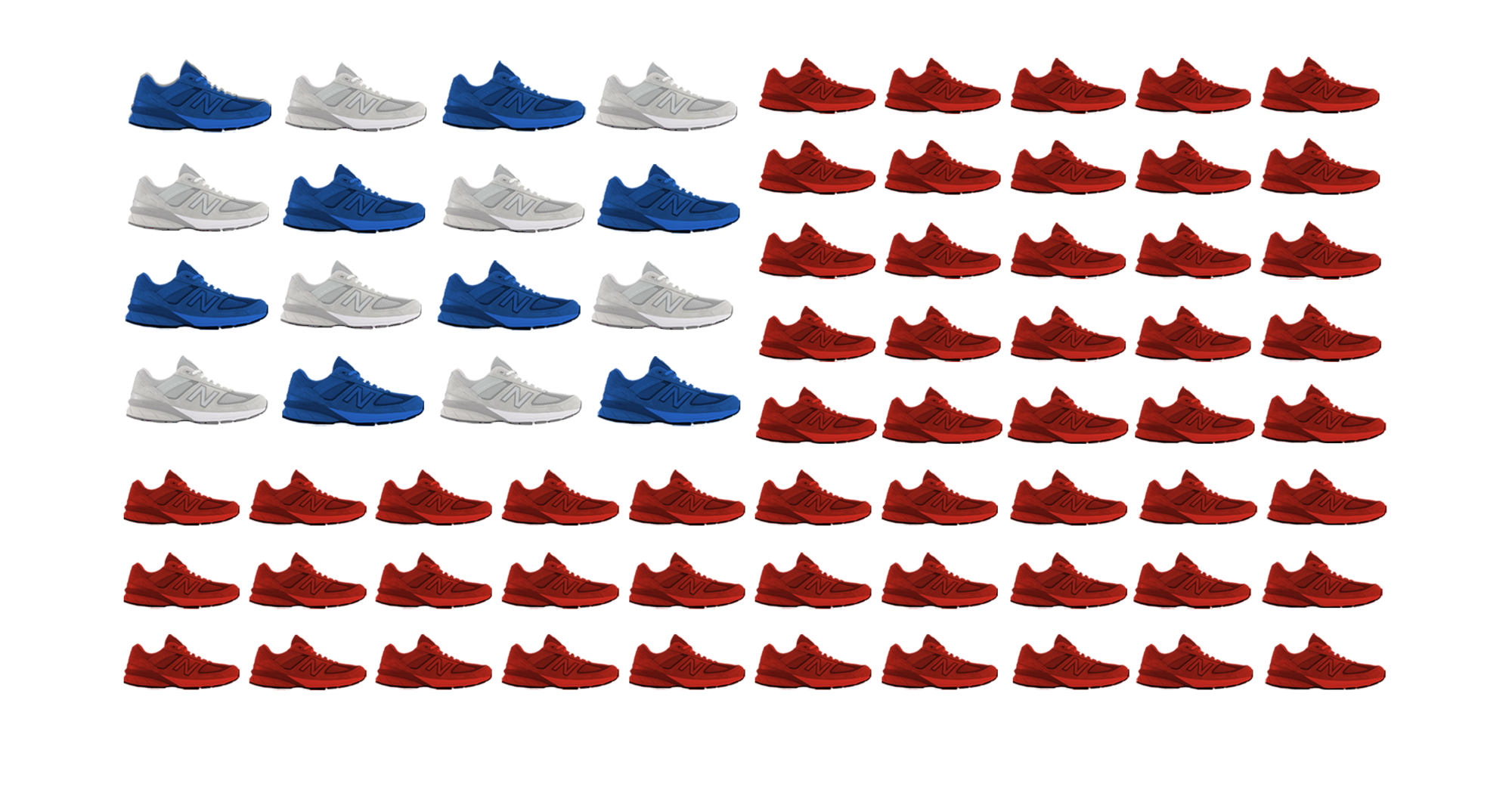
Best Reader Tips of 2021
This year reader tips led to dozens of ad alerts, as well as a complaint to regulators.
It is clear that the FTC’s current tactics for policing made in the USA claims are not working.
UPDATE: In a 3-2 vote, the FTC in July 2021 finalized its Made in USA Labeling Rule. Our original story follows.
Businesses that can legitimately claim their products are made in the USA have a distinct advantage over competitors selling foreign-made goods. Such U.S.-made claims add value to products because consumers perceive American-made goods to be of a higher quality and buying them make consumers feel patriotic. Unsurprisingly then, many companies want to affix an American-made designation to their products. Those who do so deceptively not only reduce the value of made in the USA claims, impeding the ability of American-made businesses to compete, but also negatively impact consumers.
Since 1996, the FTC has investigated at least 180 made in the USA marketing campaigns to ensure that products marketed as such are actually made in the United States. (To learn about the FTC’s Made in USA standard, click here.) It appears that the FTC ramped up its efforts to police the patriotic market for made in the U.S. goods about 11 years ago. Since that time, the FTC’s standard approach to companies making deceptive made in America claims has been to issue a closing letter (after the company promises to follow the law) and take no further action.
Since 2009, the FTC has issued closing letters in 93 percent of the cases it has pursued. As for the remaining 7 percent of cases, the FTC has filed administrative actions in 5 percent of the cases and enforcement actions in 2 percent. Every administrative action that the FTC has taken has resulted in a no-fault, no-money settlement. Monetary judgments were awarded in three of the four enforcement cases, with two of the judgments being awarded only after a company violated an earlier FTC consent order. One enforcement action is currently pending.
Based on investigations that TINA.org has undertaken, it is clear that the FTC’s current tactics for policing made in the USA claims are not working. The commission can remedy this problem by initiating a rulemaking process to finalize a formal rule governing the use of made in the USA claims. Issuing a formal rule will turn on the FTC’s penalty switch, allowing the commission the option to seek monetary penalties against first-time made in the USA offenders. Such a rule would provide a deterrent effect by changing the risk-benefit analysis of deceptive marketers, thereby increasing the commission’s positive impact on the marketplace. A rule would also command the respect of violators who flout the FTC’s closing letter admonishments. Furthermore, it would allow the commission to actually punish flagrant offenders. As such, TINA.org has filed a petition with the FTC urging it to take the necessary action to turn on the penalty switch when it comes to deceptive made in the USA claims.
This year reader tips led to dozens of ad alerts, as well as a complaint to regulators.
TINA.org files a complaint with federal regulators over shoemaker’s deceptive made in the USA claims.
Comparing the amount companies agree to pay to settle deceptive marketing charges with their annual revenue.


